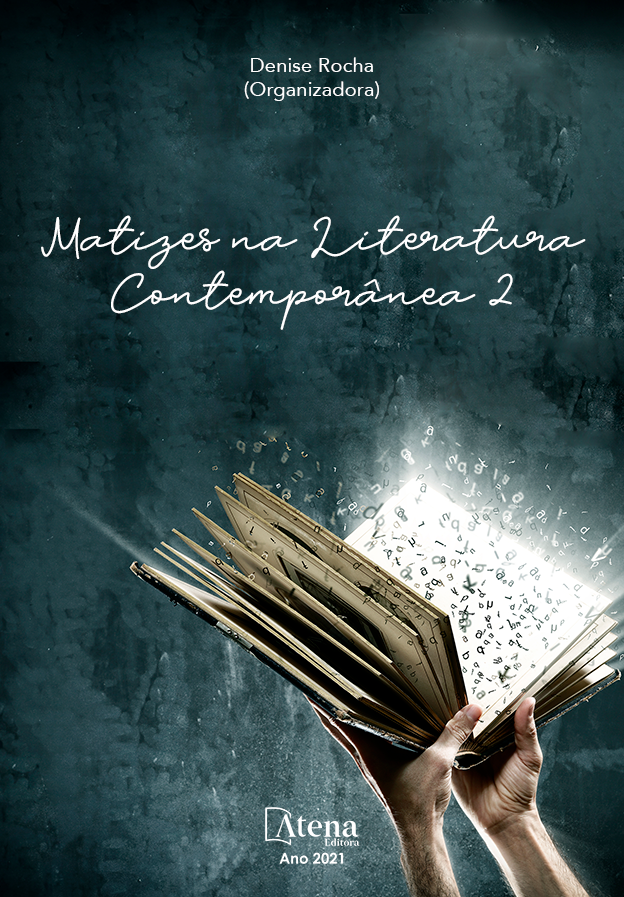
LITERATURA E RESISTÊNCIA: ECOS DA OPRESSÃO NO ROMANCE SELVA TRÁGICA
Selva Trágica, de Hernâni Donato, caracteriza-se como testemunho de época, ao oferecer uma interpretação ficcional que reconstitui a história dos trabalhadores da Companhia Matte Larangeira, arrendatária de terras devolutas, circunscritas ao Mato Grosso e da fronteira Oeste, nas primeiras décadas do século XX, quando as zonas de exploração de erva mate estavam em poder dessa companhia de exportação, que mantinha o monopólio dessas zonas. Assim, este texto objetiva analisar questões da relação Literatura e História que evidenciem a representação da opressão neste período. O suporte teórico deste trabalho constitui-se em estudos que permeiam a relação Literatura, História como: Genette (s.d), Candido (1976, 1989), Paz (1982), dentre outros. Este romance configura-se a partir do eixo social e denuncia a trama das relações que subjugam o homem, expondo-o à dominação e à exploração perversas, localizando-o no centro das lutas de classe de um sistema econômico totalitário e opressor.
LITERATURA E RESISTÊNCIA: ECOS DA OPRESSÃO NO ROMANCE SELVA TRÁGICA
-
DOI: 10.22533/at.ed.0312127011
-
Palavras-chave: Literatura e vida social. Monopólio. Totalitarismo
-
Keywords: Literature and social life. Monopoly. Totalitarism.
-
Abstract:
Tragic Jungle, by Hernani Donato, is characterized as a testimony of the time, offering a fictional interpretation that reconstructs the history of the workers of the Company Matte Larangeira, leasing company of the wastelands circumscribed to Mato Grosso and the western border, in the first decades of the twentieth century when the yerba mate areas were in the hands of this export company, which had a monopoly on those areas. Thus, this paper aims to analyze issues of the relationship between Literature and History that evidence the representation of oppression in this period. The theoretical support of this research consists of studies that permeate the relationship Literature, History such as: Genette (s.d), Candido (1976, 1989), Paz (1982), among others. This novel is configured from the social axis and denounces the schemes of relationships that subjugate man, exposing him to perverse domination and exploitation, placing him at the center of the class struggles of a totalitarian and oppressive economic system.
-
Número de páginas: 14
- JESUINO ARVELINO PINTO


